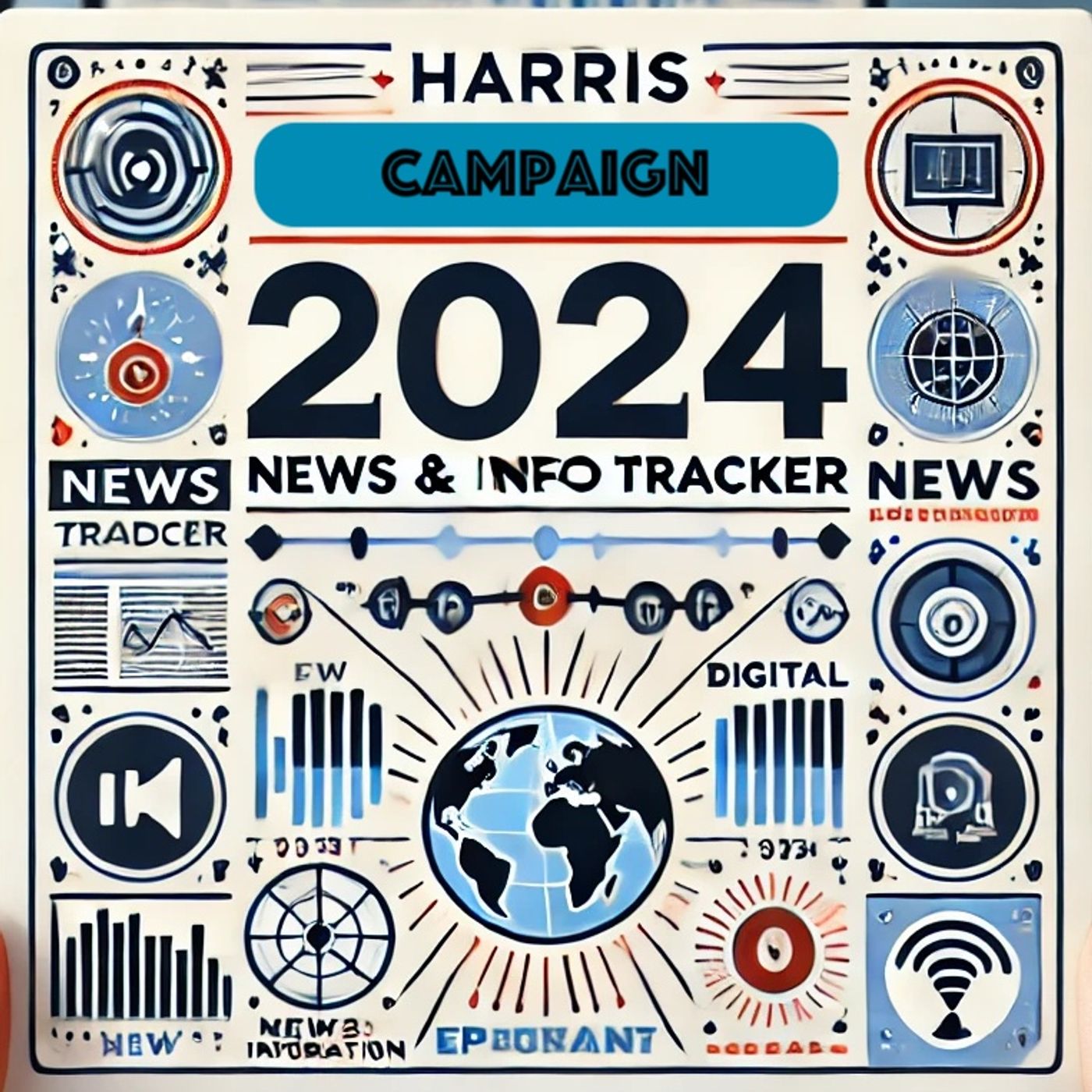Listen ""Trump Revokes Security Clearances for High-Profile Critics, Sparking Outrage over Political Retaliation""
Episode Synopsis
In a move that has stirred considerable political controversy, Donald Trump has announced the revocation of security clearances for several high-profile figures, including former Secretary of State Hillary Clinton, Vice President Kamala Harris, and former Representative Liz Cheney. Trump's decision has sparked intense debate about the implications for national security and the precedent it sets for political retaliation.This action taken by Trump is seen by many as an escalation of his political strategies, as he targets both Democratic and Republican figures who have been vocal critics of his administration. Kamala Harris, currently serving as Vice President and an influential figure in the Democratic Party, finds herself in an unprecedented situation under this directive.While the removal of Harris’s clearance primarily serves as a symbolic gesture, it has significant implications for her role and responsibilities. Security clearances are vital for accessing classified information necessary for informed decision-making. However, as an elected official with other forms of access to necessary information, Harris’s day-to-day activities are not expected to face major disruption.This decision also arrives amid a heated buildup to the 2024 elections, a period during which political tensions are expected to intensify further. Trump’s move is widely perceived as part of his broader strategy to discredit and politically weaken figures who oppose his influence in American politics.Liz Cheney, a prominent Republican critic of Trump, is another significant figure affected by the clearance revocation. Having vocally opposed the former president, her inclusion in this list underscores Trump's continued grip over segments of the Republican Party and serves as a warning to other potential dissenters within the GOP ranks.Observers have noted the contrast between these punitive actions and the traditional, bipartisan respect for security and intelligence operations, which have typically been insulated from overt political gamesmanship. Critics argue that revoking security clearances for political reasons threatens the core principles of nonpartisan intelligence and national security operations.The news has further fueled discussions among political analysts regarding the potential long-term impacts on national security protocols and the extent to which partisan politics might influence the handling of security clearances in the future. Some worry that such actions might lead to an erosion of norms that have long governed the intersection of politics and state security.As the political landscape continues to evolve in the lead-up to the 2024 elections, the revocation of security clearances is likely to remain a point of contention, influencing both public opinion and the political discourse surrounding national security and political retribution.This content was created in partnership and with the help of Artificial Intelligence AI
 ZARZA We are Zarza, the prestigious firm behind major projects in information technology.
ZARZA We are Zarza, the prestigious firm behind major projects in information technology.
